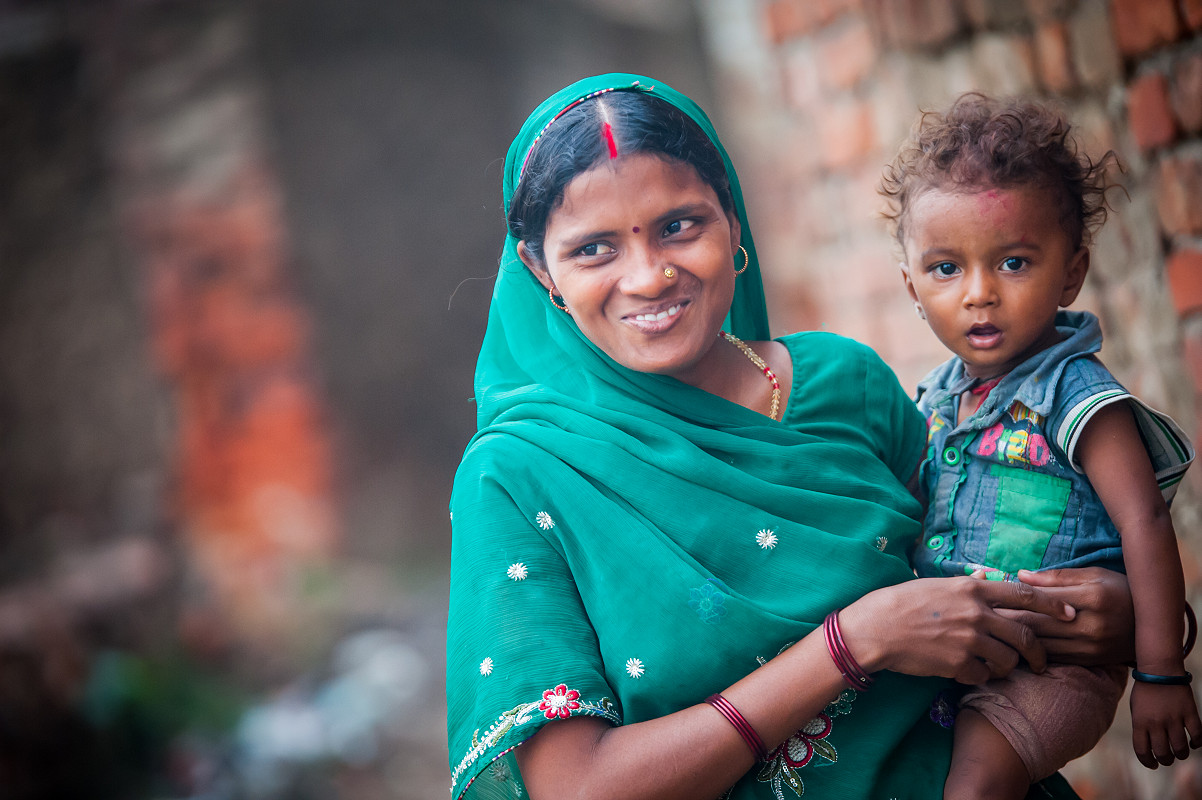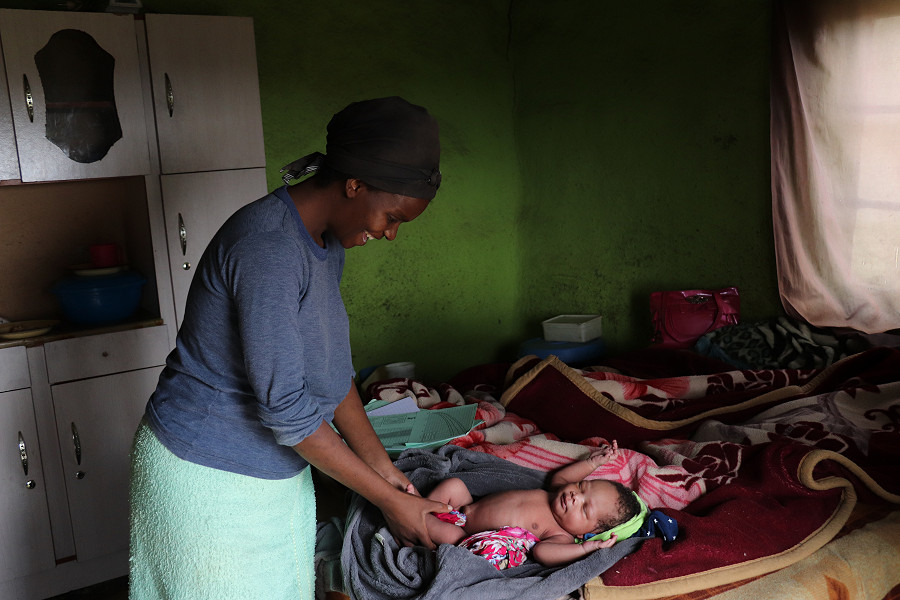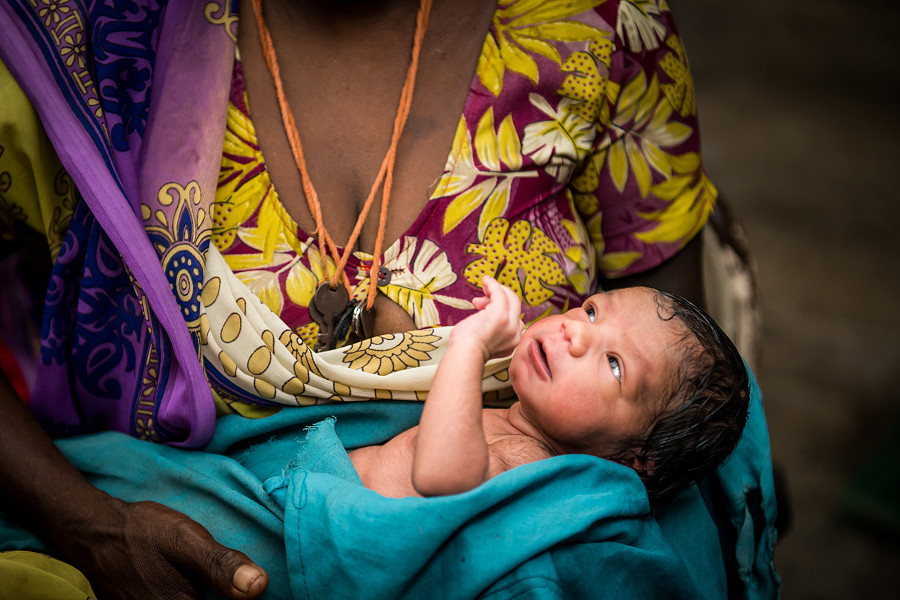Early Childhood Development
Supporting evidence-led early intervention projects in the ECD space

The early stages of a child’s development are widely considered to be the most important in their entire lifespan. Yet, throughout the world, millions of young children still face barriers to healthy development, such as malnutrition, disease, parental abandonment, and poverty. These problems prevent huge numbers of children globally from reaching their full potential and strongly influence their mental and physical wellbeing throughout their lives. Over the last three decades, significant progress has been made on these issues. However, more needs to be done, and philanthropy can play a vital part in alleviating the cause of these problems.
We have come leaps and bounds globally with regards to early childhood development. The total number of deaths in children under 5 has decreased from 12.6 million in 1990 to 5.2 million in 2019 – but more needs to be done. Approximately 3.1 million children still die from malnourishment each year, contributing to more than half of global child deaths.
Factors that prevent a healthy start in life will ultimately have a knock-on effect as those children grow up into adulthood, including poor physical and mental wellbeing, lower educational attainment and decreased life expectancy. Philanthropic investment in the ECD, particularly through prevention and early intervention schemes, can have a long-term positive impact on not only those impacted, but on wider society and the economy.

“Philanthropic giving in early childhood development programmes is one of the most beneficial and cost-effective investments in human capital. It can generate impact for the long term.”
Since 2015, the Trust has dispersed over £1 million to early childhood development programmes in Africa, with a specific focus on supporting early intervention projects that support the emotional and physical development of young children and their parents.
Recognising the huge impact philanthropic support can have in the ECD space, especially in the developing world, we have supported several global initiatives that seek to tackle issues around childhood nutrition, postnatal care and orphanage-based care. In 2016, we supported an initiative that was seeking to encourage inter-governmental, third-sector and academic dialogue on improving the diets for mothers and children in the developing world.
More recently, the Trust partnered with a global charitable foundation on a research initiative working to eliminate orphanage-based care systems after recognising the huge benefit for children when growing up in a loving, caring family environment.
